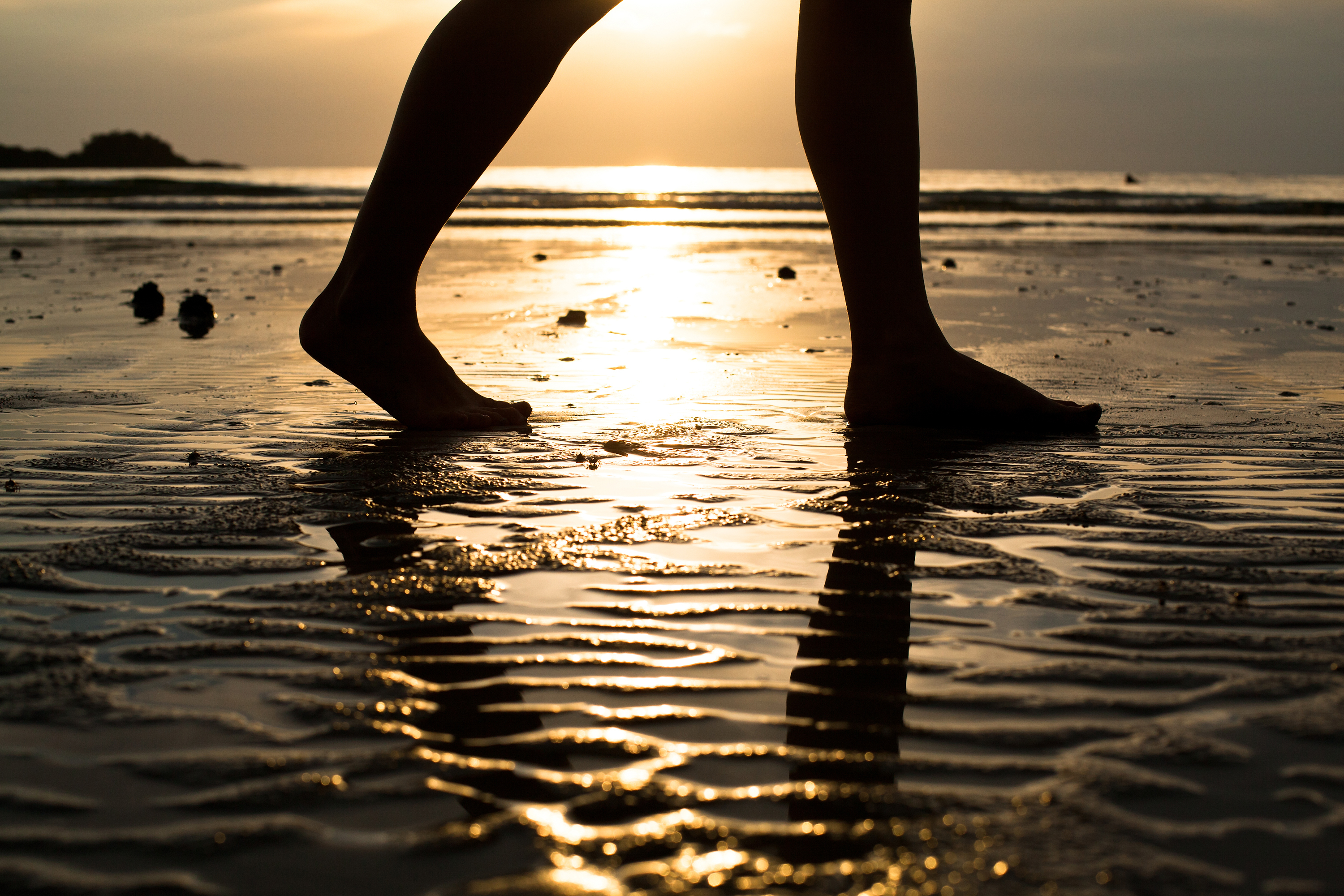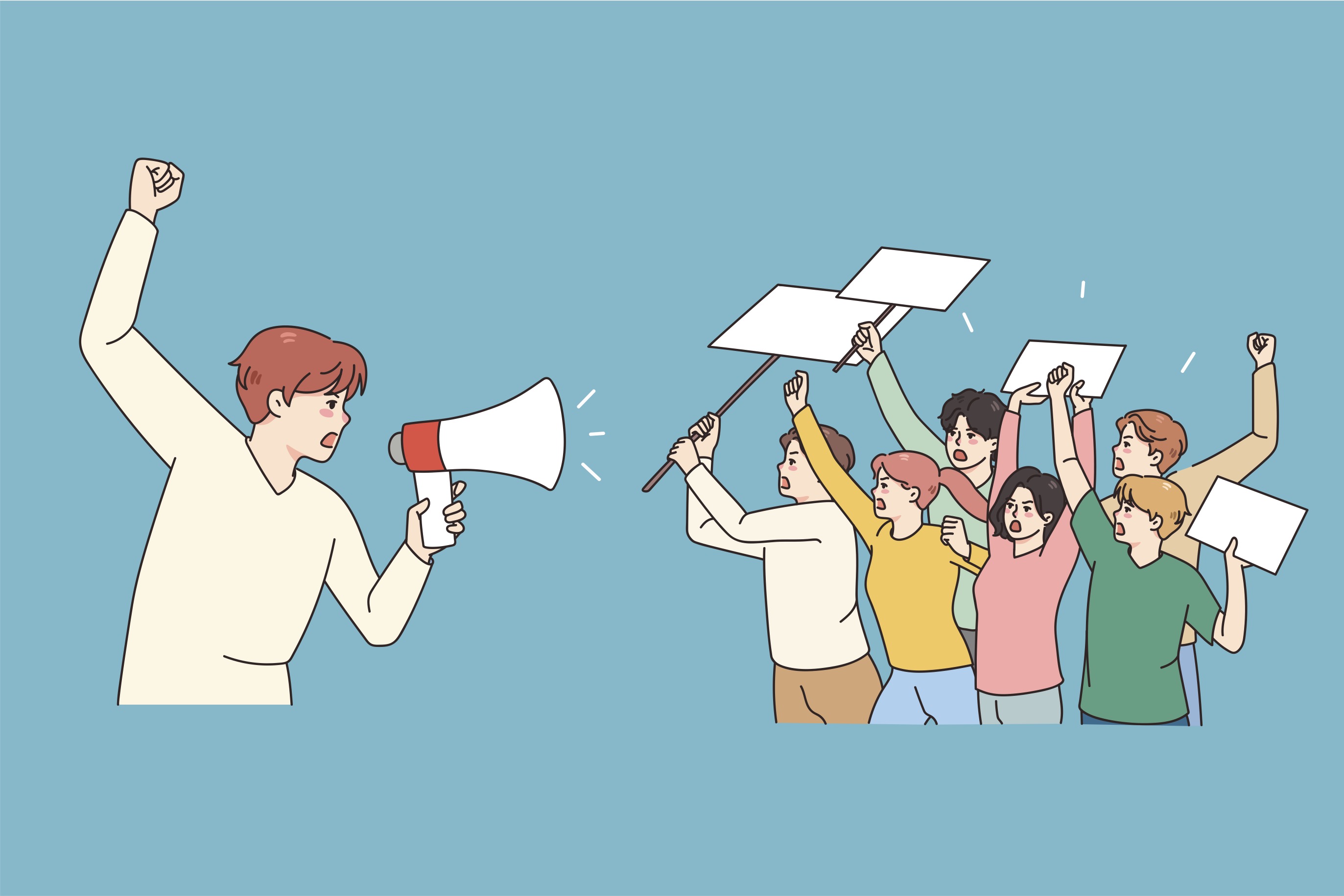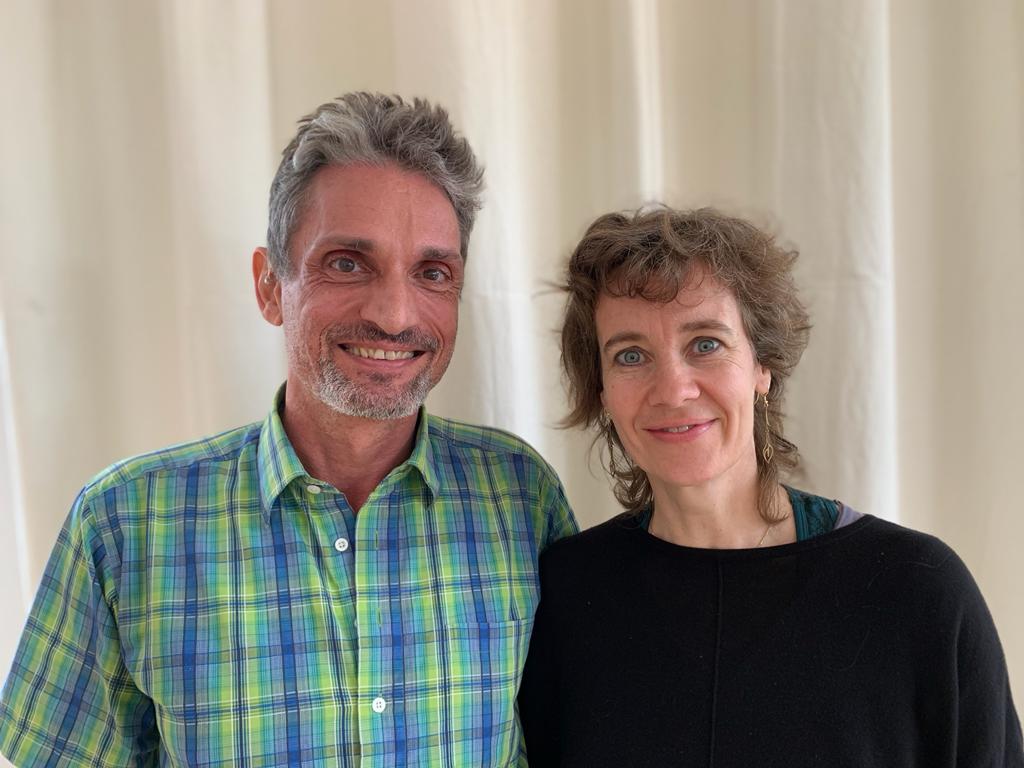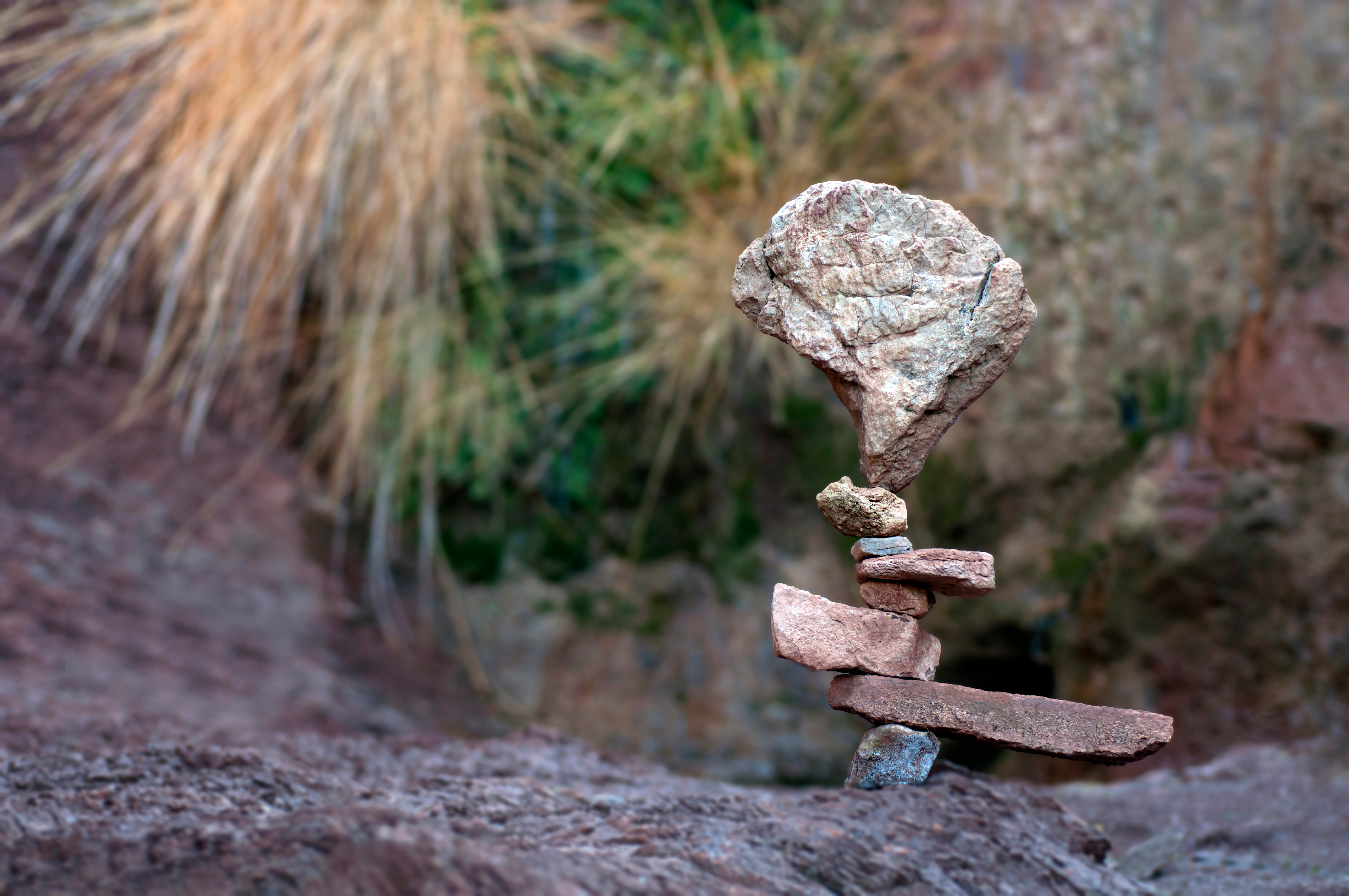Workshops
REalEASE
Workshops we offer
-
“Workshops for runners”
Workshops for runners
A series of three three-hour sessions, which can also be booked individually
These workshops are aimed at all runners who want to improve their technique and ease when running.
All of our workshops focus on practical applications. We work outside. We will use video so that you can see where you are coming from and how you improve“Easy, light, smooth, fast.” (Christopher McDougall, Born to Run)
Topics are
1. The feet our foundation
– Basic biomechanical principles for more ease when running –
In this workshop, we look at the placement of the feet for an efficient running style, and how the joints in our legs work together when we run.
We will address:
- Pronation/supination
- Knee stabilisation
- Hip Extension and Flexion
- Foot placement
- which running shoe is right for me2. Elastic Energy Saving
– Fascial stretch reflexes and fascial elasticity as a source of energy for more ease when running, with less muscle strain and higher performance –
This workshop focuses on recognising and promoting fascial elasticity when running. It involves learning how the fascial system – and in particular the stretch reflex – can act as a motor driving the running motion without any biomechanical energy input (oxygen or glucose), thereby significantly reducing the total amount of energy required to run.
We will look into:
- Body positioning
- Head positioning
- Contraction of muscles vs muscle expansion
3. Cadence, Stride Length and the Arms
In this workshop, we will integrate the learned techniques into a smooth running style. We will spend some time on reducing the impact time of the foot on the ground, our running cadence and our stride length, as most of us run too slow, or shorten their stride to achieve a higher cadence. And we do need both at the same time, a high cadence and a longer stride
We will look into:
- time of impact
- stride cadence
- stride length
-
"Touching Cues In the Pilates Studio"

Date: postponed
Touching Cues
In the Pilates StudioThis workshop is about collecting experiences in touch-cueing well known exercises from the Pilates studio repertoire.
The general topic will be:
„Which types of touch lead to which consequences?You will experience:
- how conscious touch will lead to instant change as well as how non-conscious, incidental touch transfers information if you want it to or not
- which type of touch in general activates the nervous system and which calms it down
- to distinguish fascia, muscle, and bone and how to specifically target each one.
- how to listen to tissue with your hands and how you can elicit positiv change even through indirect intentional touch
- which use of fingers and hands will have which impact
- the form of touch that is the most helpful to you personally, and find out if your reaction is universal or if someone else could react completely different
- strategies to prevent misunderstandings
Early Bird until 31.03.2023:
300.00 CHFPilatessuisse members are eligible for 50.00 CHF discount
-
“Easy Locomotion through Pilates”

Date: 23.09.2023
Time: 09.00 – 17.00Easy Locomotion through Pilates
Walking and Running freed, enabled and made easy through the use of the Pilates apparatus and repertoire
This workshop will be looking at the organization of bone and tissue structures in walking and running:
- What functions do they have?
- What movements do they enable and restrict?
- What role do they play
- What are the requirements of the supporting tissue?
Viewed through the lens of fascia, we will use the common and not so common classical Pilates studio repertoire to:- Notice and free any limitations
- Learn and experience how we can assess global habit patterns playing out in a person’s walking or running
- Focus on the required elements that might be in need of help, taking them out and under the ‘microscope’ and then putting it all together again.
This workshop will enable you to assess and help yourself and your clients to become free and fluid. So that we can all walk and run with joy, effortless and pain-free.
Early Bird bis until 31.07.2023:
300.00 CHFPilatessuisse members are eligible for 50.00 CHF discount
-
“Free the Male Pelvis”

Date: 11.03.2023
Time: 09.00 – 17.00Free the Male Pelvis
Little differences with big impact
This workshop explores how the male pelvic anatomy influences everyday movement patterns. It will introduce strategies to free movement within and around the pelvis.
This workshop is for Pilates teachers and other movement experts. For the movement experience we will use well know Pilates exercises from the studio repertoire, to put them under the light of the requirements of the male pelvis.
We will work with props to render a felt experience possible for female participants
In this workshop we will speak openly about sexuality. You should feel comfortable enough, to speak about this topic in an intimate and secure setting of a small group.
You will experience:- Which movement patterns are most common in men, where the originate and why they often have a negative impact on the whole movement system.
- How man feels to live with external sexual organs without “hiding them away”
- What man changes in pelvic movement through the choice of clothing he prefers
- How man walks and how man sits
- How man can receive the gift of an oscillating and vibrating pelvis.
We will experiment with exercises:
- To explore what we can do to help our male clients to achieve a free relationship with their pelvis and therefore free movement.
- To illuminate that execution and starting positions can be sex-dependend
We will discuss:
- Which anatomical basics apply and which specific characteristics the male pelvis and sexual organs have applying to fascial movement patterns.
- How men grow from babies and are formed
- How attitudes, belief systems and expectations towards sexuality influence the freedom or holding patterns in and around the pelvis
- How holding patterns of the pelvis can lead to multiple physiological issues
- What physiologically needs to happen for an erection to happen or to be hindered.
- What happens to the male pelvis during orgasm if it is free to play.
- Which strains happen during intercourse if the pelvis is not free to oscillate and vibrate.
Early Bird until 11.03.2023:
300.00 CHFPilatessuisse members are eligible for 50.00 CHF discount
-
"How Do I Express Myself?"

HOW DO I EXPRESS MYSELF?
Internal and external forces in dialogue
Date:
Saturday, January 20, 2024, 9:00 a.m. – 5:00 p.m.
Location: Music Hall at the Wohlen district school
Registration: until 15.12.2023
workshop with
Vera Rudolf von Rohr and Joachim Schultz
What moves me and how do I move?
How does it affect my voice/mood?
And how does my inner self become a mobile force towards the outside?
The workshop invites you to discover the connections between external and internal forces and to discover yourself in the process.
Through body movement and in dealing with your own voice, we bring external and internal influences into dialogue with each other. -
“ Easy Locomotion through Pilates”

Date: 23.09.2023
Time: 09.00 – 17.00Easy Locomotion through Pilates
Walking and Running freed, enabled and made easy through the use of the Pilates apparatus and repertoire
This workshop will be looking at the organization of bone and tissue structures in walking and running:
- What functions do they have?
- What movements do they enable and restrict?
- What role do they play?
- What are the requirements of the supporting tissue?
Viewed through the lens of fascia, we will use the common and not so common classical Pilates studio repertoire to:
- Notice and free any limitations
- Learn and experience how we can assess global habit patterns playing out in a person’s walking or running
- Focus on the required elements that might be in need of help, taking them out and under the ‘microscope’ and then putting it all together again.
This workshop will enable you to assess and help yourself and your clients to become free and fluid. So that we can all walk and run with joy, effortless and pain-free.
Early Bird until 31.07.2023:
300.00 CHFPilatessuisse members are eligible for 50.00 CHF discount
-
“The Auto-Regulating Body”

Date: 19.08.2023
Time: 09.00 – 17.00The Auto-Regulating Body
enabled and made easy through the use of the Pilates apparatus and repertoire
Every movement is reactive. In this workshop for Pilates trainers and movement professionals with experience with the Pilates studio repertoire, you will learn to allow your body to take the lead, so that it can respond to the task without your interference.
„As much as necessary, as less as possible” (Joseph Pilates)
You will experience:- How your awareness and attention is the key and the only thing needed to guide your body into action, appropriate and sufficient for the task.
- How we can use the Pilates apparatus and studio repertoire to focus our attention to trigger our body into action
- The difference between self-regulation and auto-regulation and that the first is needed to allow for the second to be happening.
- How your body reacts if it can work without your interference, and how to appreciate, sense and understand it
- How to allow the body to happen and understand the concept of ‘falling into organization’
- The impact different words, images and thoughts have on the reaction of your body.
- The importance of resonance between teacher and student and how it influences our work.
Early Bird until 30.06.2023:
300.00 CHFPilatessuisse mebers are eligible for 50.00 CHF discount
-
“The Moving Spine”

Date: 11.11.2023
Time: 09.00 – 17.00The Moving spine
How the Spine steers movement movements
This workshop for Pilates trainers and all movement experts with Pilates studio knowledge, aims to make tangible, how the spine informs our fascial system.
When the tailbone becomes the rudder and we watch our sight, then we will discover the easiest ways to move our fascial bio-tensegrity body.
You will experience:- How movement transfers from the spine to the extremities.
- How rotations, flexions, extensions, and side bends become free and flexible.
- How it feels when the system gets the same or different messages from both ends of the spine.
- That everyday life is full of mixed messages to the spine and if we can and how to change this.
Early Bird until 30.09.2023:
300.00 CHFPilatessuisse members are eligible for 50.00 CHF Discount